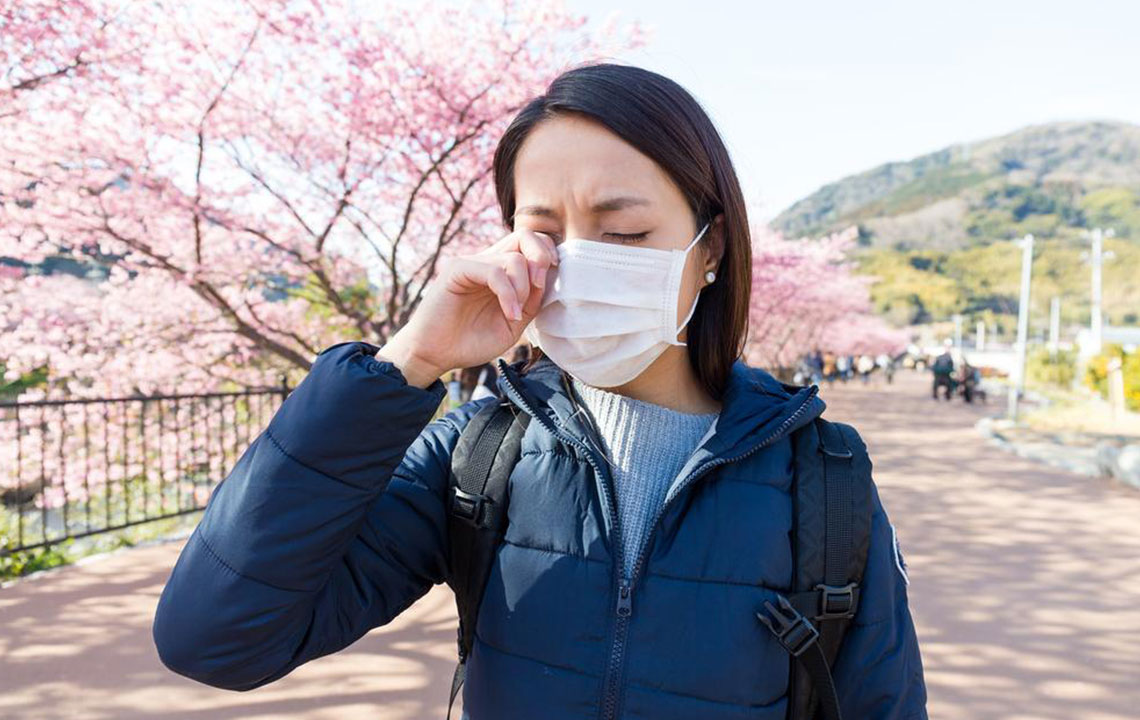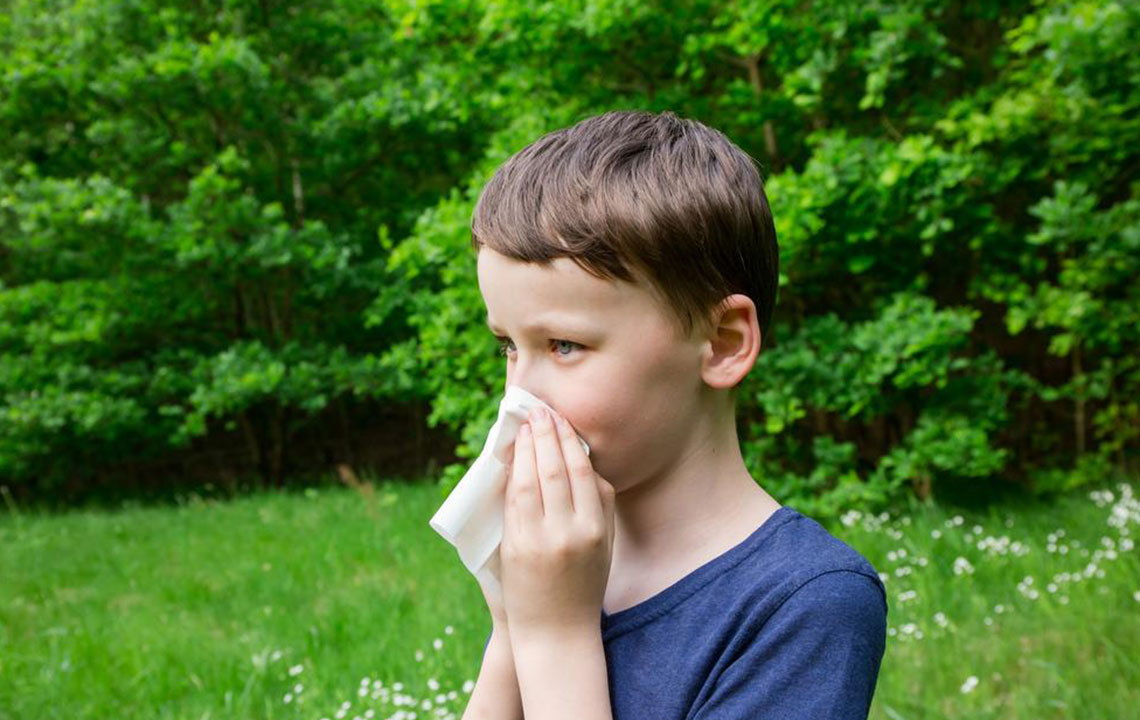Understanding Pollen Allergies: Symptoms and Care Tips
Learn to identify and manage pollen allergies with tips on symptoms, triggers, and monitoring pollen levels. Effective strategies help reduce discomfort during allergy seasons, ensuring better health and comfort.

Understanding Pollen Allergies: Symptoms and Care Tips
Pollen allergy occurs when the immune system reacts adversely to pollen from various plants. Tiny pollen particles become airborne, travelling easily with air currents, and can cause allergic reactions upon inhalation or contact with facial areas.
Triggers of Pollen Allergies
Different plant species release pollen at specific times of year, leading to allergy outbreaks. In spring, trees like oak, birch, hickory, and pecan, along with grasses, are common offenders. Ragweed often causes symptoms during summer and fall.
Pollen sensitivity primarily affects the nasal and sinus regions, resulting in irritation of the nose, throat, and respiratory system. Allergy testing can identify specific pollen triggers, whether grass, tree, or weed pollen, aiding in targeted management. Recognizing symptoms helps in adopting effective preventive measures.
Tracking Pollen Levels
Staying informed about local pollen counts is vital for managing allergy symptoms. Rainy climates tend to wash away pollen, reducing exposure, while dry areas see higher pollen counts. Using online tools or smartphone apps for daily weather and pollen forecasts enables timely precautions, reducing discomfort.
Common pollen allergy symptoms resemble those of a cold, but recognition is key. Typical signs include nasal congestion with thick mucus, sinus pain, a runny nose, itchy and watery eyes, and discoloration around the eyes. Throat irritation and coughing may occur due to nasal drip, and taste or smell perception can decrease if nasal passages are blocked.
If symptoms persist, professional medical advice is recommended to prevent further issues. Elevating the head during sleep can alleviate nighttime coughs. Early attention to symptoms leads to better control and comfort during pollen seasons.
Note: For accurate diagnosis and personalized treatment, consult healthcare providers. Our information serves as guidance only.


